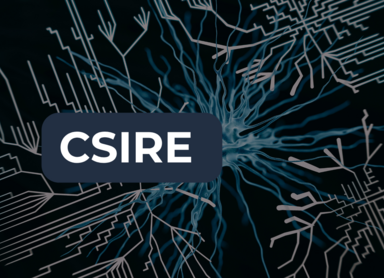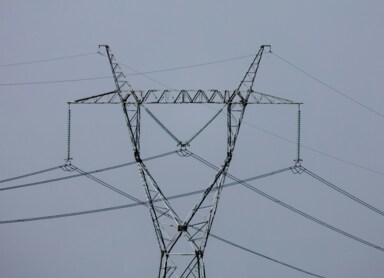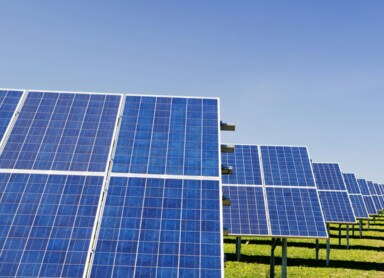The Role of PPA Agreements in Achieving ESG Goals
In the evolving and transitioning energy market, PPA/CPPA agreements, or Corporate Power Purchase Agreements, are rapidly gaining importance. This growing interest is hardly surprising, as for many companies, these agreements serve as key evidence that the business is committed to environmental protection, supporting decarbonization, fostering the development of renewable energy sources, and thereby genuinely implementing ESG strategy principles. In the context of global trends and the increasing demand for clean energy, interest in such agreements is rising, particularly among companies where ESG is becoming an integral part of a long-term and authentic business strategy.
What Is a PPA Agreement and What Role Does It Play?
Companies are increasingly focusing on environmental, social, and governance (ESG) aspects. The influence of ESG will continue to grow, but addressing its challenges requires precision in every area where ESG principles are implemented. The obligation to report numerous non-financial indicators presents organizations with operational challenges, the need for new perspectives in some companies, and calls for innovative thinking and collaboration. ESG drives innovation and solutions in areas that were previously secondary priorities or operated at a steady pace without significant effort or engagement. It shifts perspectives on many fields, including, perhaps most prominently, energy procurement.
A PPA/CPPA agreement, known as a (Corporate) Power Purchase Agreement, is typically a long-term commercial contract between an energy producer (generation unit) and an energy purchaser. Under the agreement, the producer commits to delivering a specified amount of energy within a set timeframe from a particular source, while the buyer agrees to purchase and pay for this energy at predetermined prices.
Why Choose a PPA Agreement?
Organizations that opt for such agreements primarily value their stability and the ability to lock in energy prices over the contract term. This minimizes price risk for the buyer and secures business interests. PPA/CPPA agreements come in many forms, but they are usually characterized by significant flexibility to adapt solutions to specific needs.
Transparency as the Foundation of ESG and Well-Structured PPA Agreements
For companies implementing ESG, a contract to purchase "green" electricity with a suitable partner represents a significant, if not the primary, step in achieving ESG goals. It secures long-term compliance with reporting requirements in one of the key areas. This approach enables businesses to meet ESG objectives related to decarbonization and environmental protection.
PPA/CPPA agreements also play a critical role in supporting the development and growth of renewable energy sources. They facilitate project advancement and attract external financing backed by revenues from long-term contracts. If widely adopted, such initiatives can significantly contribute to reducing the carbon footprint and accelerating energy transitions at both national and global levels, particularly in developing economies.
The Growing Role of Renewables in Corporate ESG Strategies
It’s encouraging that renewable energy sources have become integral to corporate ESG strategies, and that PPA/CPPA agreements are increasingly viewed as a crucial step toward achieving zero emissions and meeting environmental goals effectively.
PPA and ESG at Reo.pl
At Reo.pl, we observe a growing number of SMEs not only demonstrating awareness of ESG processes but also leveraging these trends to plan their business growth.
Decisions to switch energy suppliers, opt for 100% renewable energy, and choose the right type of agreement are now among the most critical topics for businesses of all sizes. We are witnessing a shift in business consciousness regarding electricity procurement and a mass transition from conventional to clean energy sources.
For some, the driving force is the need for reporting; for others, it’s about remaining in the supply chain or advancing their business growth. Regardless of the motivation, these decisions benefit us all, including future generations.
We are ready to assist companies of any size or agreement type interested in purchasing renewable energy because, at Reo.pl, we firmly believe in the value of this transformation.






